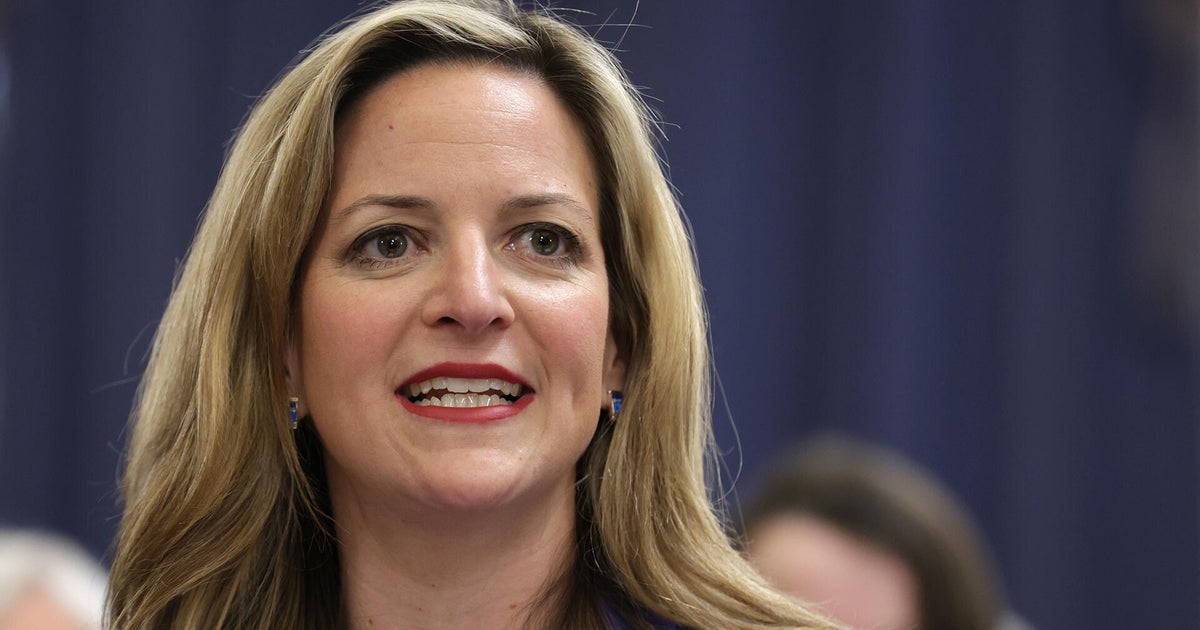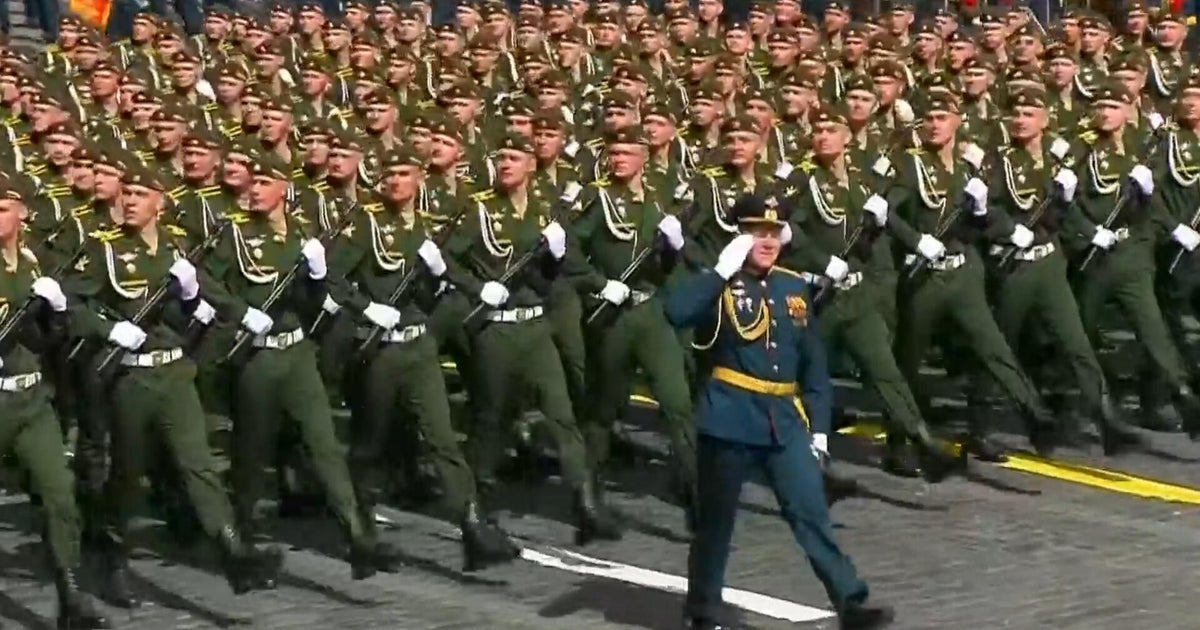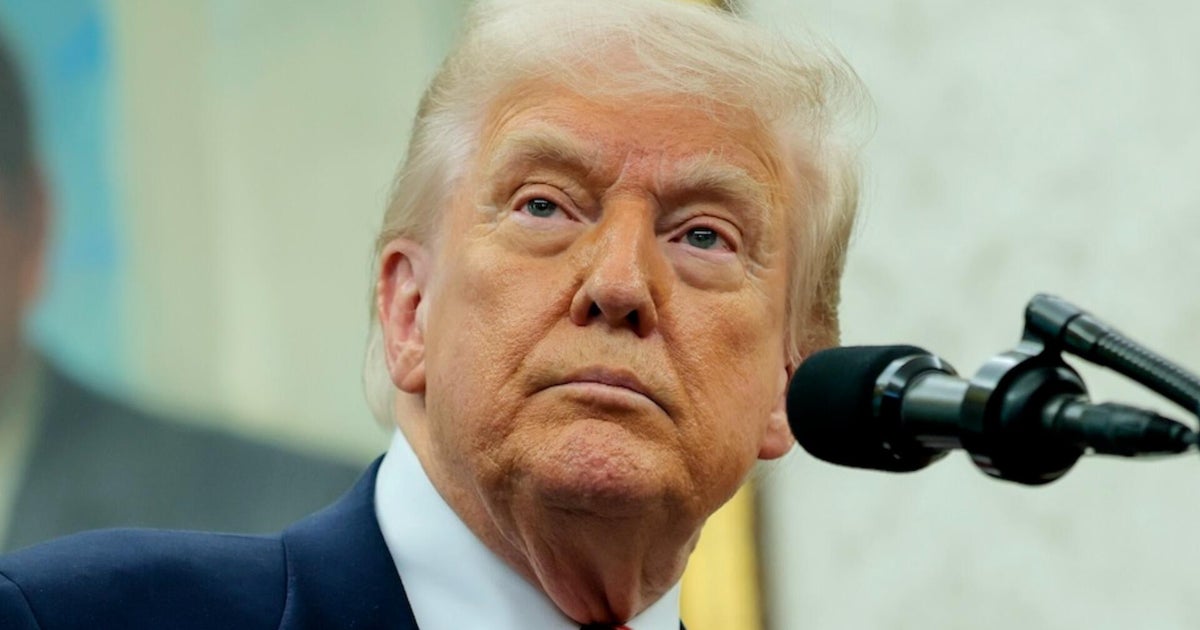At least half a dozen USAID employees who spoke to reporters after they thought they had been fired by the Trump administration have now received notices from the foreign aid agency's internal human resources office that they are facing investigation for participating in interviews.
The workers, whose formal dismissal date was delayed after leaders encountered bureaucratic snags, received an email in recent days carrying the subject line, "Administrative inquiry." The email accused them of having "engaged with the press/media without authorization" and threatened "disciplinary action" including "removal from the U.S. Agency for International Development."
The emails were sent by Employment Labor Relations, which is part of the USAID's internal HR structure, and manages most disciplinary and performance complaints.
"It's total intimidation," said Randy Chester, the vice president of the American Foreign Service Association, which is the union that represents USAID employees. He said employees started receiving notices on Monday. The union shared the email exclusively with CBS.
"Federal employees do not surrender their constitutional rights when they take public service jobs," said Abbe Lowell, a veteran Washington, D.C., attorney who launched his own firm last week to protect public officials from retaliation. Lowell is known for representing high-profile political figures including Jared Kushner, Ivanka Trump and Hunter Biden.
"This so-called 'inquiry' does not appear to be about enforcing any rules so much as it's trying to silence criticism," he said.
USAID — the agency that oversaw distribution of foreign aid —was among the first to face drastic personnel cuts by the Department of Government Efficiency, known as DOGE, a force reduction effort overseen by Elon Musk. On Feb. 2, Musk posted the following on X: "USAID is a criminal organization. Time for it to die."
Operating largely in secret, workers for DOGE were inserted into various federal agencies and proceeded to enact large-scale force reductions. In February, USAID employees received notices that they would soon lose their jobs. An agency letter dated Feb. 4 said "all USAID direct hire personnel will be placed on administrative leave globally." A few days later, workers were informed that the agency headquarters were closed until further notice.
On Feb. 18, President Trump gave a speech saying, "we've effectively eliminated the U.S. Agency for International Development."
At the end of the month, employees were given 15 minutes to pack up their belongings, in what many considered the end of their careers at USAID.
But shuttering the agency was more difficult than anticipated, and many saw their dismissal date slide as their bosses worked to terminate them. In March, USAID leadership issued a memo saying the vast majority of the agency's employees would formally lose their jobs on either July 1 or Sept. 2. Employees have continued to be on USAID payroll since February.
Later that month, the State Department notified Congress that it would "realign select USAID functions to the Department" by July 1.
This week, employees who spoke out publicly about their dismissal between late February and early March began receiving email communication that suggested interviews done during this period were improper. The email, reviewed by CBS News, asked the employees to submit a statement and answer a series of questions by May 13.
According to the email, "failure to comply with these instructions and to provide a statement as requested would constitute misconduct," and their written statement will be "used to determine whether misconduct occurred and what action, if any, is necessary to correct that behavior."
Federal workers, including USAID employees, are contractually prohibited from doing interviews with the press without agency permission. The USAID employees have not been asked to sign separation agreements that prevent them from speaking with members of the press, according to Chester.
In this case many who had received notices about employee termination dates believed they had already lost their jobs, Chester said. Others were willing to take the risk.
He believes these notices promote a "chilling effect" for those who have stories to share with the press or have joined lawsuits against the government.
"It's an effort to stifle anyone else from talking to the press," he said in an interview with CBS News. "These notices smack of an administration desperate to hide their mistakes."
Investigations into possible employee misconduct typically take months to resolve and involve multiple appeals. In most circumstances, if an employee is found to have committed misconduct, they are offered a limited suspension from work without pay.
"This is a complete waste of time and government resources," Chester said. "It's going to cost them money to conduct these investigations, and the lawyers investigating won't even have jobs by the time it's done."
A State Department spokesperson responded to CBS' inquiry saying, "as a general matter, we do not comment on internal personnel matters."
Madeleine May





